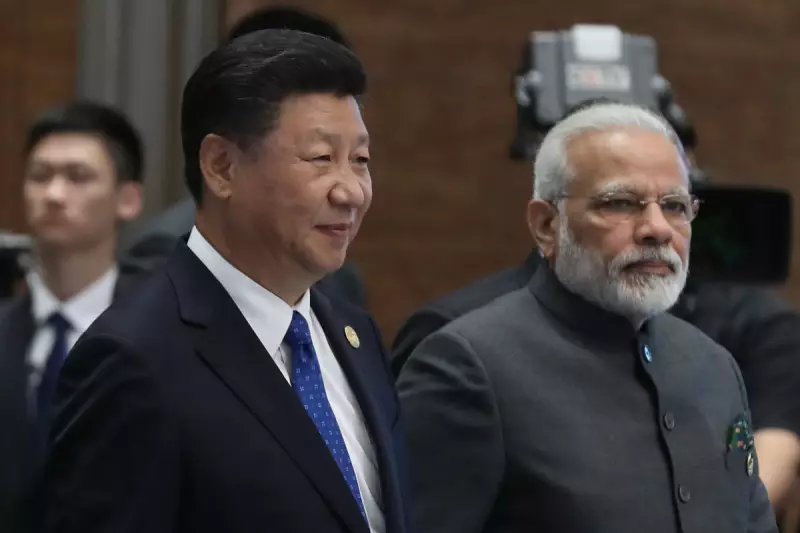
In a sharp escalation of diplomatic rhetoric, China has publicly condemned the United States for what it describes as outright "bullying" through its aggressive tariff policies. The accusation comes amid rising global trade tensions that threaten to destabilise international markets.
The Chinese government's statement, delivered through official channels, directly challenges the Biden administration's approach to trade relations. Beijing argues that Washington's strategy represents a form of economic coercion that undermines the principles of free and fair trade.
Global Trade Implications
Analysts suggest this latest exchange signals a significant deterioration in Sino-American relations, with potential ripple effects across the global economy. The confrontation emerges as both economic superpowers vie for influence in key developing markets, particularly India.
Trade experts note that such public accusations between the world's two largest economies typically precede extended periods of market volatility and supply chain disruptions. The timing is particularly sensitive as global markets attempt to recover from recent economic uncertainties.
India's Strategic Position
The developing situation places emerging economies like India in a delicate position. As both Washington and Beijing seek to strengthen trade relationships with New Delhi, the country may find itself caught in the crossfire of escalating economic tensions between the superpowers.
Economic observers suggest that India could potentially benefit from redirected trade flows, but equally faces significant risks should the trade war intensify further. The country's strategic importance in global supply chains makes it a crucial battleground in the ongoing economic competition.
Market analysts are closely monitoring the situation, warning that prolonged tensions could affect everything from technology exports to agricultural commodities, with consumers potentially facing higher prices for affected goods.





